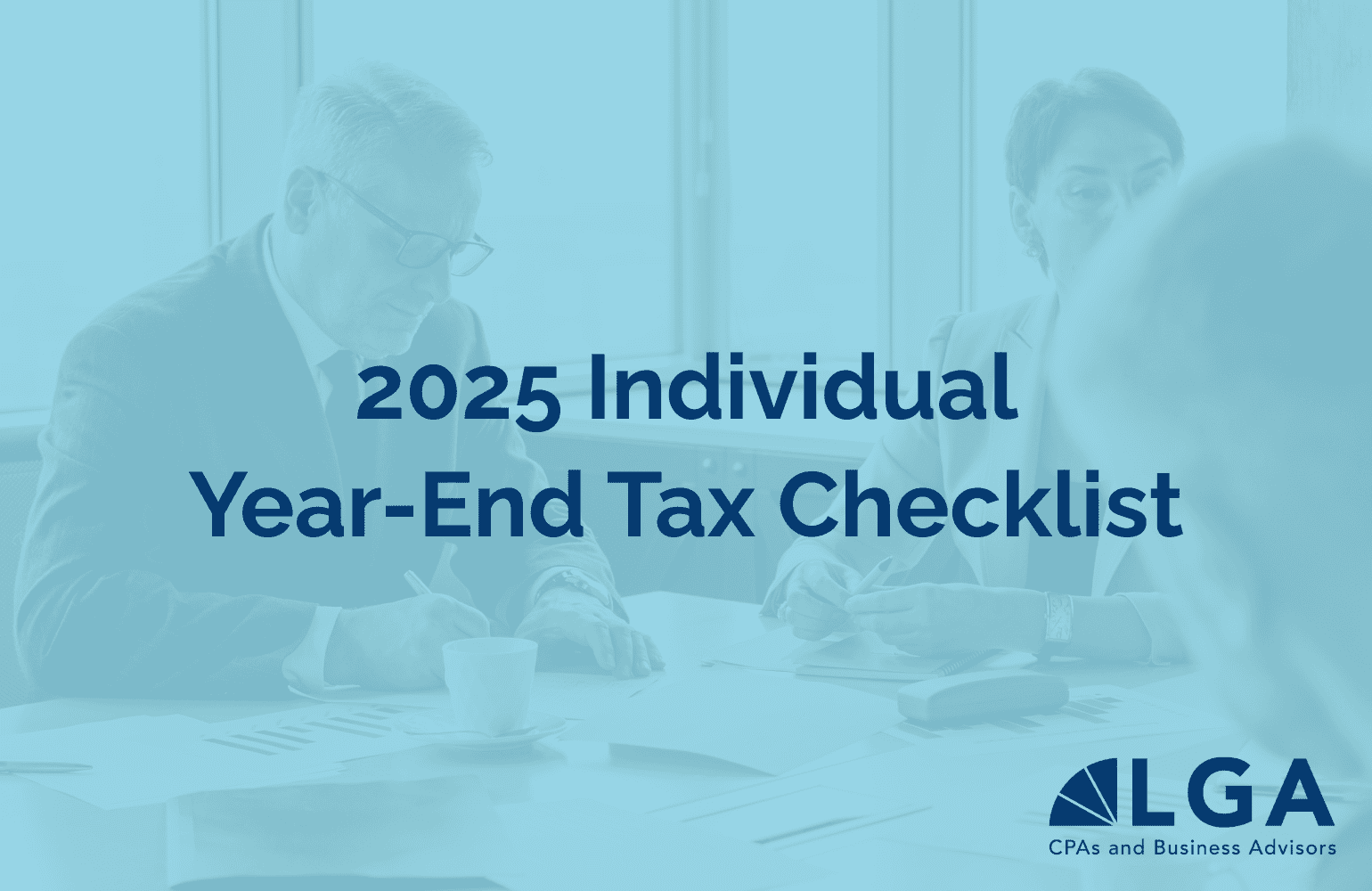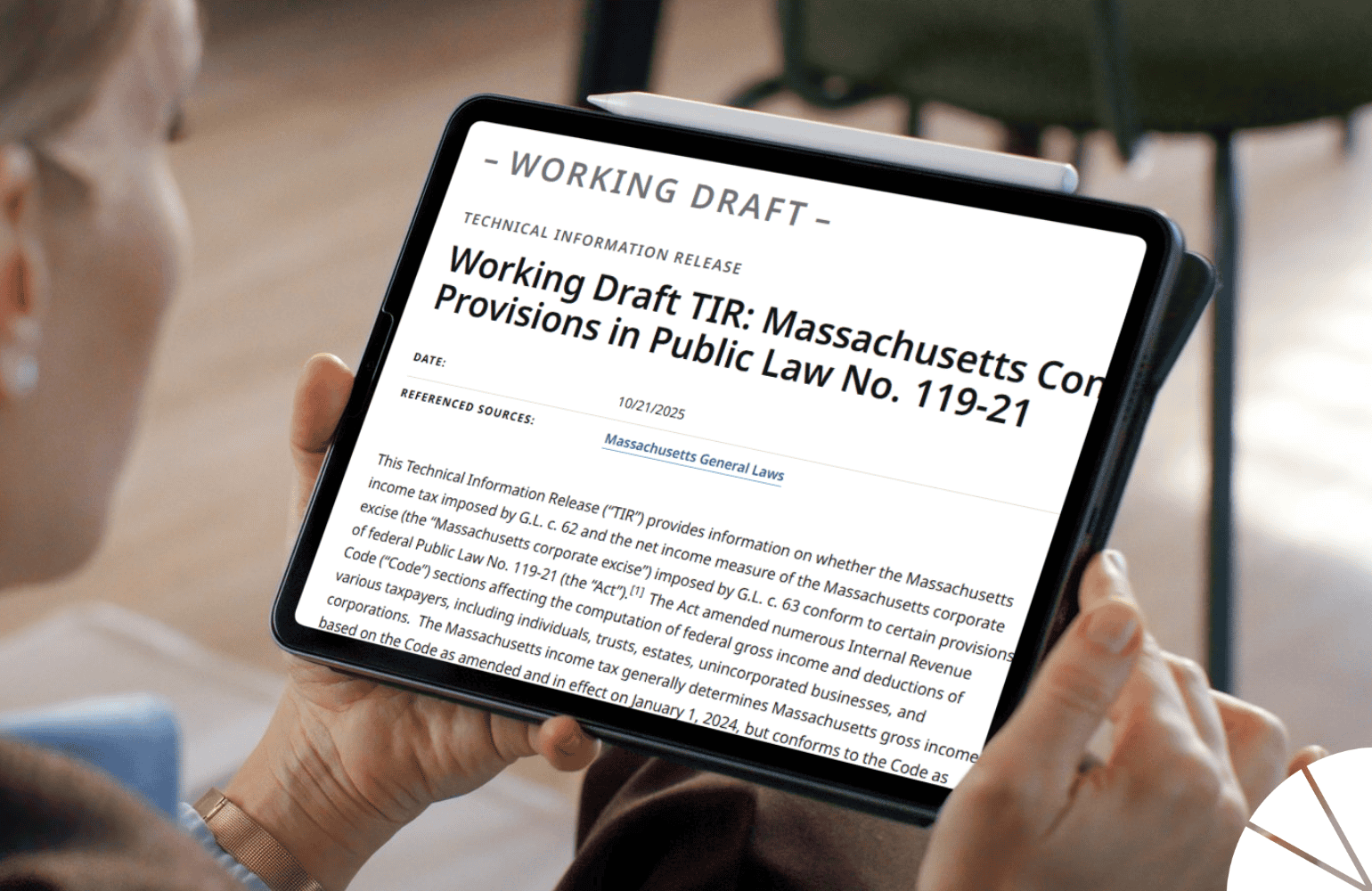Estate Planning is not just for the wealthy, and it is not just about taxes. Proper planning means preparing for the tasks necessary to manage one’s finances and personal affairs in the event of death (or disability). Planning helps to make sure assets are distributed to whom and in the manner you wish, but also to make sure all debts are satisfied, no delays occur due to legal issues, and your personal care is provided for when needed. Having a well-thought-out plan relieves stress and prevents future complications.

Step One:
Identify your assets and debts, where accounts are located, what is their value, and how are accounts (or property) currently titled (in whose name). Also identify insurance policies, retirement plans or accounts, real estate deeds or mortgages, and any other important documents. List valuable assets (jewelry, paintings, collectable items, etc.) so that these can all be considered during the estate planning process. Determine what income or assets you need for spending, for now and for the rest of your life.
Step Two:
Decide what should happen to your assets should you pass away. Who are your beneficiaries, who will care for children if they are young, and who will be responsible for overseeing the administration of your affairs if you die. The administrator is known as your personal representative, or executor. Your heirs are known as beneficiaries, and if there are young children, their care is provided by a guardian.
Step Three:
Document your wishes for heirs, personal representatives, guardian and disposition of assets (other than those in trust, see below) by creating a will. The will is a key part of your estate plan as it outlines many of your wishes.
Step Four:
Consider creating revocable trusts (also known as living trusts) – it is common to have one trust for each of the spouses for a married couple but sometimes one trust is sufficient. As opposed to a will, the trust can be what is used to determine how your financial assets are held (before death, to avoid probate) and at death (to determine how funds will be held and distributed over time to beneficiaries). Trusts require naming trustees who are responsible to carry out the fiduciary duties determined in the trust documents, for both income beneficiaries and for the eventual final beneficiaries for when the trust terminates. Trusts can be more important than a will, as they control how assets are held, distributed, and cannot be contested in court.
Step Five:
Create durable powers of attorney and Advance Health Care Directive:
A power of attorney provides someone with the ability to act in your place when needed, like an agent. A durable power of attorney allows your designated agent to act for you, even if you are disabled. A health care directive provides your family and your doctors with personal health care desires to ensure your preferences are respected.
Frequently asked questions:
Once I write a will or trust, can I make changes?
Yes, wills can always be amended (known as a codicil) since situations change over time. Similarly, trust agreements can be amended when you wish.
Are assets in a trust protected from taxes or creditors?
The general rule is that anything you can touch (such as funds in a revocable trust) your creditors can touch. When someone dies and a revocable trust holding assets becomes irrevocable, then those assets are protected. But not in a revocable trust. Income from assets in a revocable trust are taxed to the grantor but once the trust is irrevocable, income is taxed to the trust or, when distributions occur, to the beneficiary.
Can I use software to write my own estate plan?
There are many programs being sold, and they might help you to think about the details you wish to have in your plan. Generally, we feel you need an experienced estate attorney to help you navigate all of the important decisions in your plan, and to follow the laws in your resident state.
Who should be my personal representative?
Usually you choose someone you trust to carry out the plans in your will, and usually someone in your home state to deal with legal issues if needed.
Who should be my trustee?
The trustee has fiduciary duty to both beneficiaries and eventual remaindermen. Choose someone who understand finances and who can negotiate the challenges of dealing with several beneficiaries who may have different needs.
Getting Started with Your Estate Planning
Estate planning provides clarity, security, and peace of mind for you and those you care about. Taking time now to organize your affairs and document your wishes helps ensure your plan reflects your goals as life and laws evolve.
At LGA, we’re relationship focused, often cited as mentors and friends, so clients trust us for step-by-step guidance through the estate tax process including tax returns and fiduciary income tax returns. We work closely with attorneys and personal representatives to identify the estate’s assets, pay debts, and distribute assets in accordance with the will to close out the estate.
Partnering with an experienced advisor can make all the difference. Learn more about how LGA’s Family, Estate, and Financial tax group can help you build a thoughtful, flexible estate plan that protects what matters most. LGA does not practice law; careful consideration should be given to hiring an estate lawyer.






